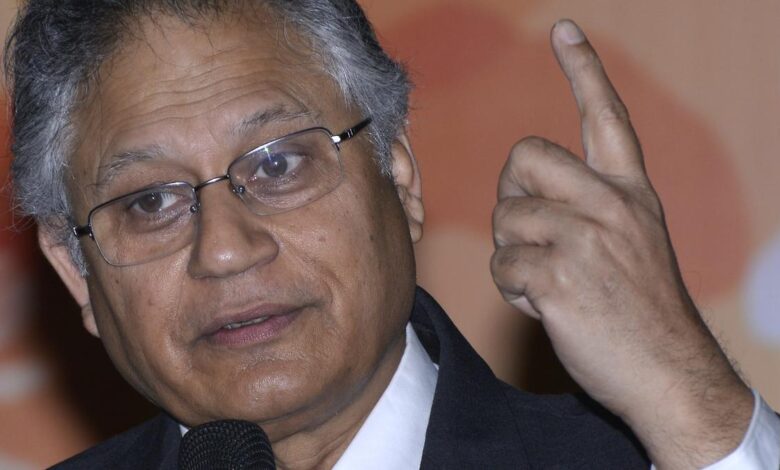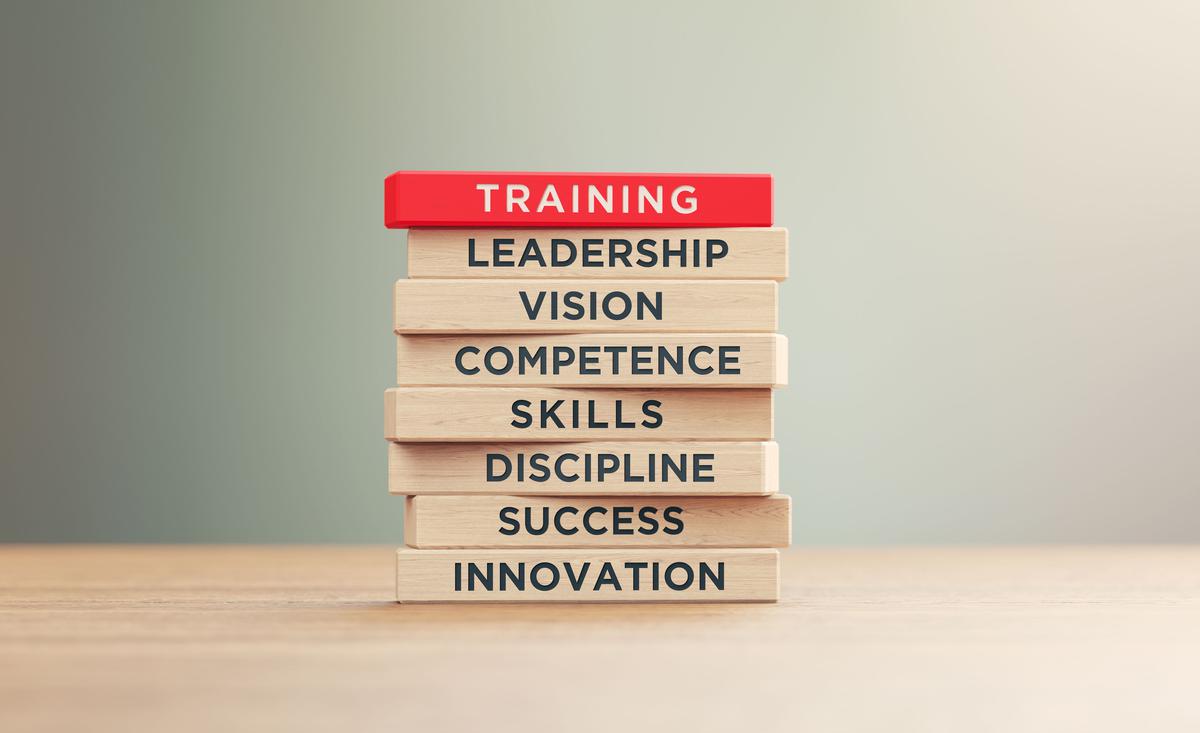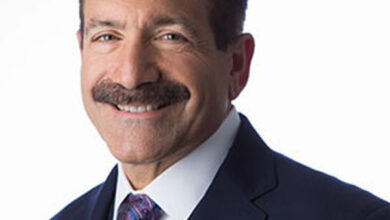An interview with motivational speaker Shiv Khera

Motivational Speaker Shiv Khera.
| Photo Credit: S.S. Kumar

Training for leadership should start early.
What prompted educator, business consultant, and motivational speaker Shiv Khera to design a new training programme targeted at school and college students was a simple flaw in the education system. Educational institutions, says Khera, teach students how to make a living, they don’t teach them how to live. If students are not taught essential life skills at the school and college level, their skills need to “repaired” at the organisation level.
Khera believes that one needs more than qualifications to be a professional and never has any generation been so unprepared to face the world as the current one. One of the reasons is technology, which has made the youth comfortable with machines, but uncomfortable with people. The other is, they have not been taught to deal with failure.
According to Khera, competence is the willingness and desire to do the job, which complements the skill. His new training programme will teach students to put their skills to use competently. In this interview, Khera shares his take on leadership styles and why soft skills are essential to succeed today. Excerpts:
What are the changes you have observed in leadership styles over the three decades of your experience?
Over 35 years, corporate leadership has been shifting from authoritarian to participative. This has its advantages and its own purpose: to build support and create synergies, thereby creating a powerful team that goes the extra mile; to make the most of collective wisdom by getting people to participate and come up with new ideas, enabling better decision making; and to create more leaders by empowering them. Empowerment is a consequence of good structured training and conditioning.
What should students be prepared for when they first step into the workplace?
Students should go in with a mindset that ‘I shall always give more than what I get’, rather than do as little as they can get away with. The new workforce, unfortunately, has false expectations. They all want to be an overnight success and to start as CEOs, not realising that the real world is quite different. The biggest challenge that organisations are facing is finding people with trust and accountability. A global study conducted by Gallup found that 63% of people who go to work are disengaged and an additional 24% are actively disengaged. That leaves only 13% of people who actually do work.
What do you foresee as the future of workplace attitudes and leadership?
Organisations that are looking to succeed must invest in their people, to train them on attitude, leadership, motivation, and values.
Why is failure important?
It teaches us what to do and what not to do going forward. It keeps people grounded and also teaches us that, as human beings, we all are vulnerable. It teaches humility. Learning from past mistakes is important. Making a mistake or failing, once in a while, is not the end of the world. Winners learn from failure, instead of repeating the same mistakes. Sadly, as parents and teachers, we have taught our children only two words: success and win. We don’t teach them how to fail and how to lose. Life does not always go one way: up and up. It is like a roller-coaster ride. It goes up and down. When people fail, they don’t know how to handle it.
What is one striking behavioural trend that you see in today’s generation?
The positive change in the current generation is that they are in a hurry. They don’t want to waste or lose time. They want to get to their destination fast. That’s a positive side. But the negative is that to reach the destination quickly, they take shortcuts and compromise on values. Often they go in for short-term gains resulting in long-term pain.
What skills will you focus on in the new leadership programme?
The new leadership programme we have created for schools and colleges is called: “Prepare Them, Don’t Repair Them”. For people to be successful in life, they must master three skills: People skills; Persuasion skills; Prioritising skills.
What is the one life skill you would pick over others?
I would not pick one, but two: building a positive attitude and staying firm on values.
Published – December 18, 2022 08:30 pm IST
Source link




